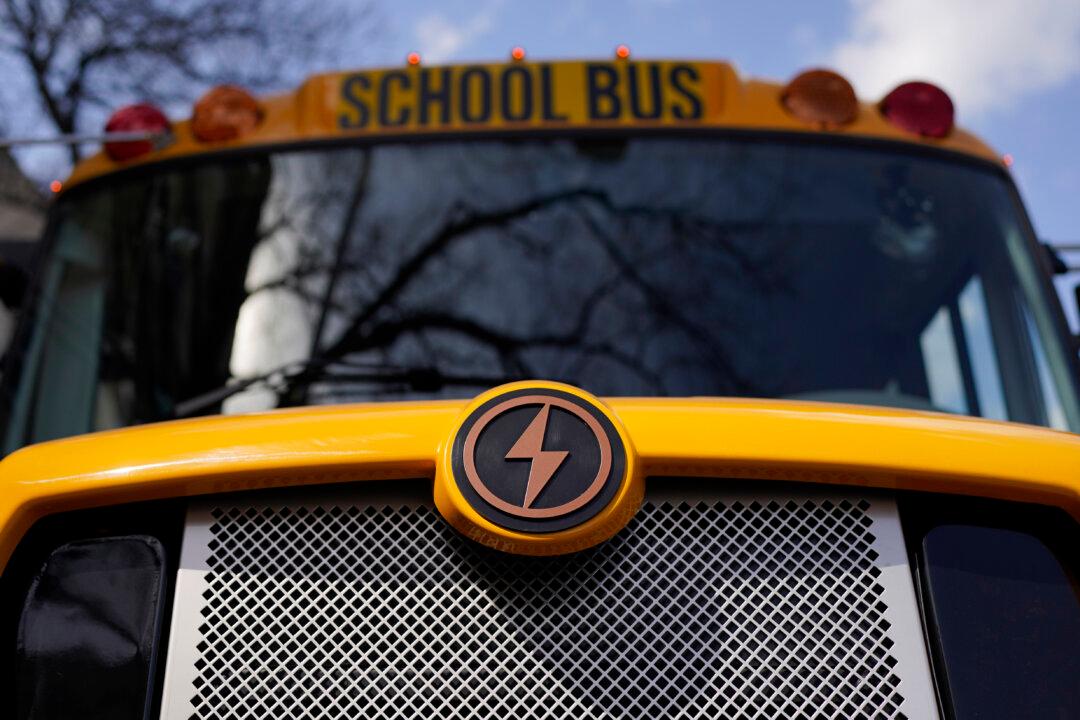The U.S. Department of Transport (DOT) is awarding grants for new electric and low-emission buses in 46 U.S. states and territories for a total of about $1.7 billion.
Funding for these zero- and low-emission buses comes through the 2021 Infrastructure Investment and Jobs Act (IIJA); a $1.2 trillion bill that includes funding for public transit programs. President Joe Biden has made the IIJA a key component of his “Build Back Better” agenda, and his administration has prioritized placing more electric vehicles on the road.





